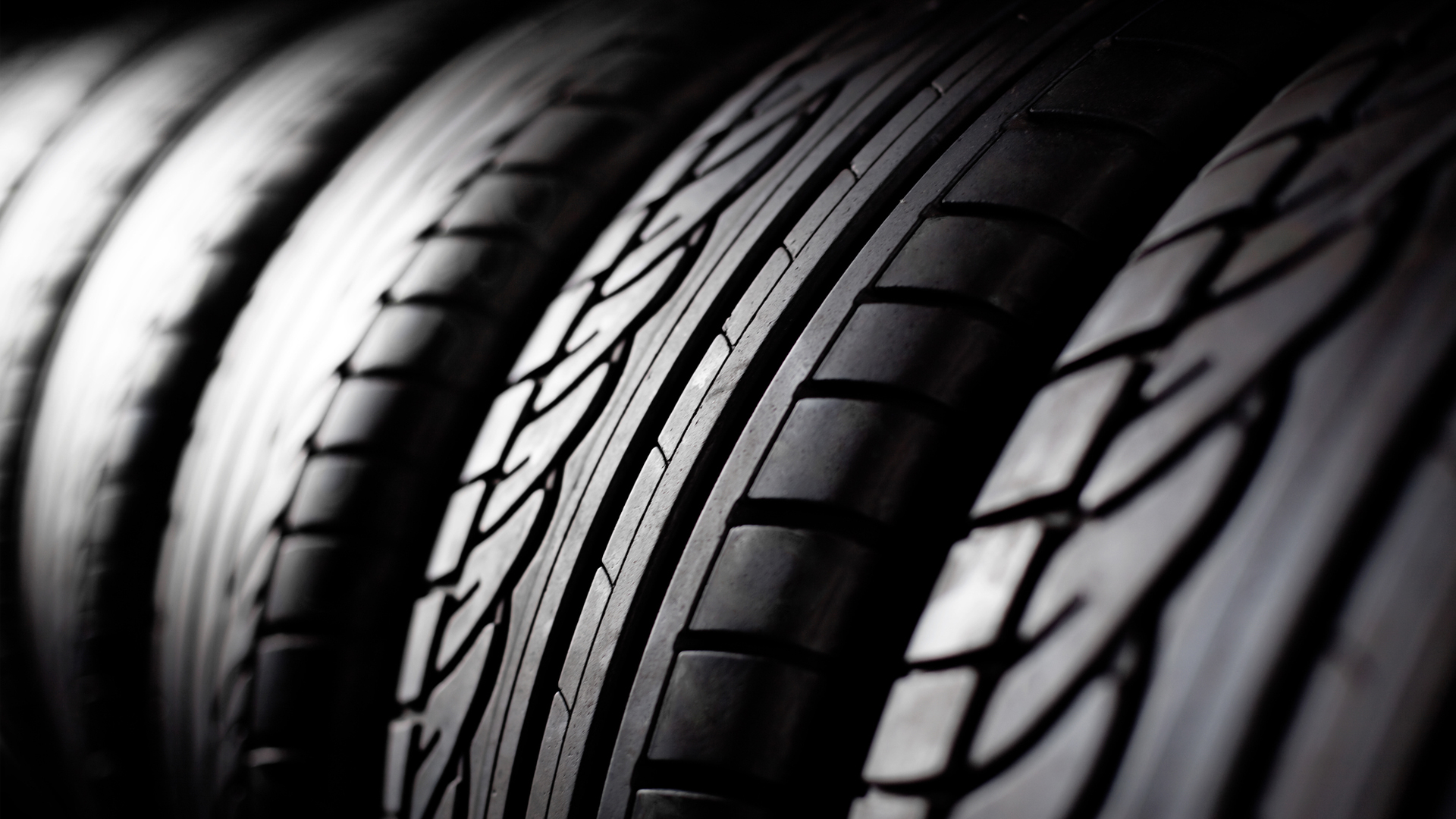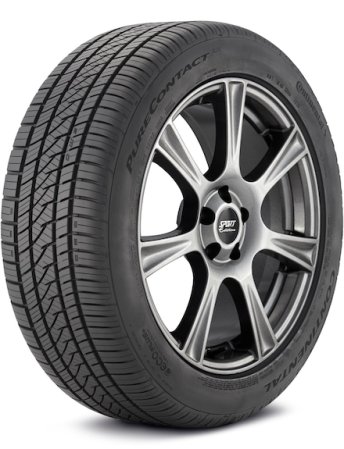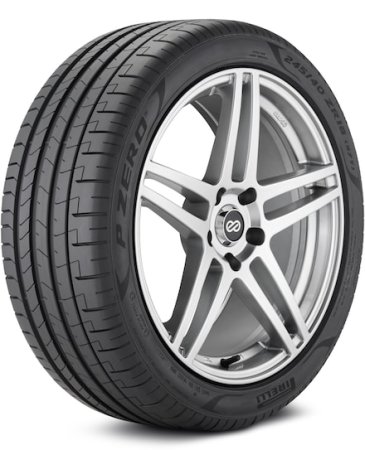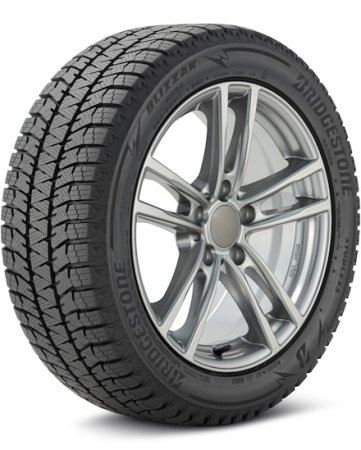We may earn revenue from the products available on this page and participate in affiliate programs. Learn more ›

If you live in a place with temperate weather and little winter action, you can buy one set of tires and forget about it. People like yours truly who live where winter is hardcore don’t have it so easy. Picking a tire brand and a tire and then finding a model to fit your car can be a real pain, and that pain is multiplied when you have to own two sets of tires to make it safely through the year.
The brand of tire that’s best for you depends on many factors. The Drive’s editors have spent enough time and money buying tires to know what makes a good brand. I’ve gathered my favorites here, along with options that represent the best in certain categories.
Summary List
- Best Overall: Michelin
- Best Value: Kumho
- Honorable Mention: Continental
- Best All-Season: Goodyear
- Best High-Performance: Pirelli
- Best All-Terrain: BFGoodrich
- Best Winter: Bridgestone
Best Tire Brands: Reviews & Recommendations
I selected the best tire brands in a variety of areas, including overall and all-terrain. Price ranges are based on an average of online retailer pricing. Tires with a lower price are marked with a single $, and higher-priced tires are marked with additional $ symbols.
Best Overall
Michelin
Best Value
Kumho
Honorable Mention
Continental
Best All-Season
Goodyear
Best High-Performance
Pirelli
Best All-Terrain
BFGoodrich
Best Winter
Bridgestone
Our Verdict
Tires are the only part of your car designed to touch the road. In other words, the only thing standing between you and certain death in many situations is your tires. Focus on a brand that offers the type of tire and size of tire that your vehicle and driving style require. The top choice for me is Michelin.
What to Consider When Choosing a Tire Brand
Tire Brands Key Features
Tread Life
Tread life is an estimate of how many miles your tires should last before needing a replacement. Remember that it’s an estimate and not a guarantee, in most cases, so you should treat it as if it’s something of a promise that you’ll get a certain number of miles out of a tire.
Speed and Load Rating
You may not be shopping for tires for racing, but it’s important to look at the speed rating of the tires you’re buying. Large truck and SUV tires tend to be rated for lower speeds, while summer and performance tires offer higher safe speeds. The same is true for load ratings, especially if you’re shopping for truck or SUV tires. The load rating is the amount of weight each tire can support.
Size
There are a bunch of numbers on the side of every tire that denotes its size. For example, a set of tires for 17-inch wheels might be sized 215/55R-17.
- 215 is the tire’s width in millimeters
- 55 is its aspect ratio. In simple terms, the tire’s sidewall is 55 percent as tall as its tread is wide
- R means radial construction
- 17 denotes 17-inch wheels
It’s important to buy the tires that fit your vehicle precisely. Your speedometer, some safety equipment, and your vehicle’s suspension system can depend on a specific wheel and tire diameter, and up-or downsizing without regard for the overall size of your wheels and tires can cause issues
FAQs
You’ve got questions. The Drive has answers.
A: There are long-lasting tires from every brand, but Bridgestone and Goodyear offer tires with tread life that extend to 80,000 miles. It’s important to note that your driving style, your vehicle, and your ability to properly maintain your car and tires all impact their lifespan.
A: Quality tires are vitally important, and Michelin tires are among the best you can buy. There are products worth spending money on in life, and tires definitely are.
A: Walmart sells nearly every major tire brand, including Michelin, Pirelli, Goodyear, and Continental. You may even find the megastore’s prices to be slightly better than many national tire chains.
A: It certainly can be cheaper to buy tires online, but buying from an online store means you’ll have to hire a local shop to mount and balance them. Some internet tire retailers such as Tire Rack have partnered with regional chains to provide free installation.
A: Expect to pay $20 to $50 per tire to have them mounted and balanced. If you’re buying tires from the shop, many will perform the installation for free.







